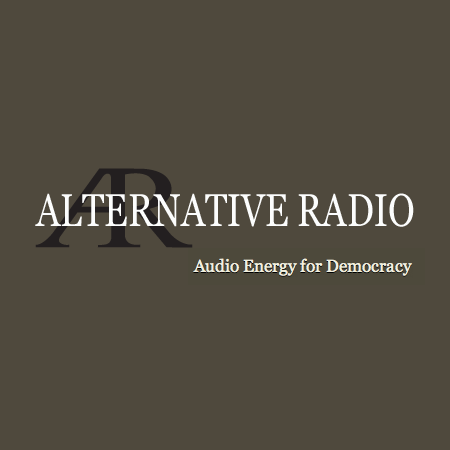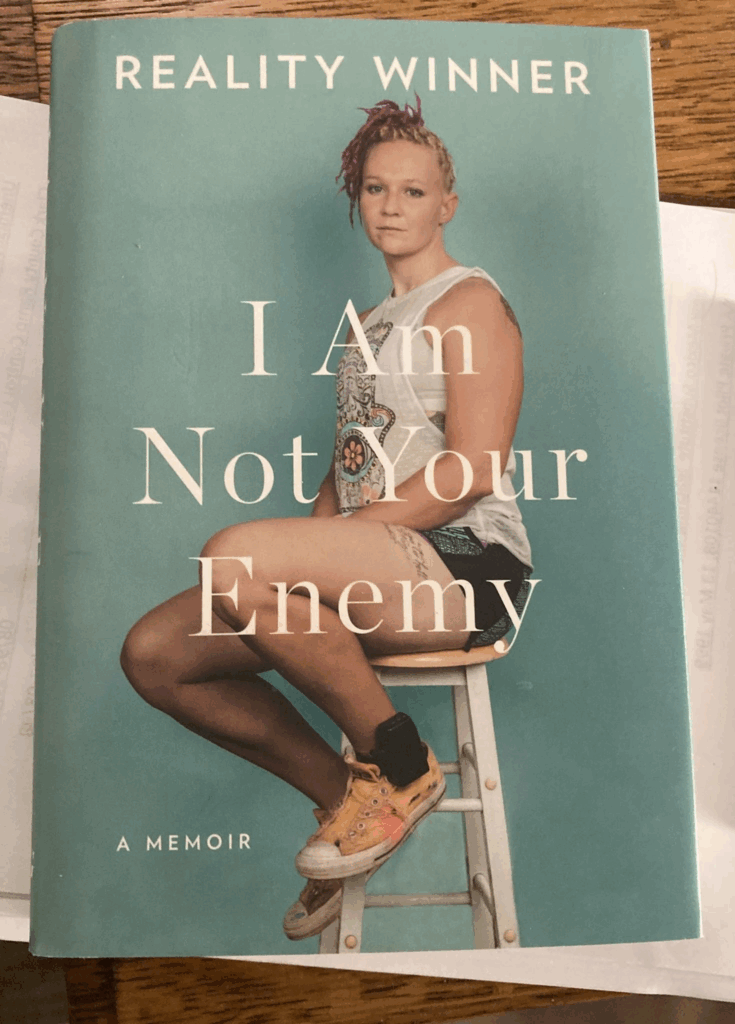Support KNSJ Because KNSJ Matters!
Giving Tuesday is a great day to show you care!
https://www.zeffy.com/en-US/donation-form/support-knsj-radio?emci=e3b21ab3-a2cf-f011-8195-000d3a1d58aa&emdi=03426530-c0cf-f011-8195-000d3a1d58aa&ceid=35540797
As we approach the end of another year, one thing is abundantly clear: we are living in perilous times. News and stories on corporate media are being manipulated or simply not even reported! KNSJ knows it is important to you to hear news reports from the streets (that corporate media is desperately trying to keep from you) because you want to know what is really going on!
This is why KNSJ matters
Democracy, free speech and civil rights are under threat. Media monopolies, MAGA mouthpieces, and oligarchs wield massive influence on government policy while the gap between the ultra-wealthy and poor continues to widen. The climate crisis reaches catastrophic levels as those in power capitulate to the fossil fuel industry and rescind green energy projects.
The world’s seven richest billionaires are now media barons. Their overwhelming buy-up of our means of communication gives them extraordinary control over our media and public square, allowing them to set agendas and suppress forms of speech they do not approve of.
This is why KNSJ matters
Since taking to the airwaves 12 years ago, KNSJ has been a voice for social justice, civil rights, labor rights, climate action and democracy. Our station has featured live debates between candidates for City Council and the Mayor’s office, live broadcasts from climate, labor, civil rights, and peace rallies, as well as countless interviews with people representing a multitude of diverse voices and disenfranchised communities.
Our public-affairs programming schedule features critical locally- and nationally produced programs speaking to issues that are too often ignored by corporate media platforms, including shows like Democracy Now! streaming Live from Palestine awakening our conscience, Thom Hartmann talking to our representatives and to you as you tell America what really is—or isn’t-–happening in your neighborhoods and cities.
The service we provide to our listeners doesn’t stop at our Public Affairs programming. KNSJ is continuing to develop the best independent music programming schedule you’ll find in the entire county. Night in and night out, listeners who tune to 89.1 FM or stream online at knsj.org will hear an incredibly eclectic array of music that will not be found anywhere else on the dial.
In 2026 we plan to release the KNSJ app, strengthen our terrestrial signal, continue to expand our locally-produced programming, do more remote broadcasts from our neighborhoods (maybe we’ll be in yours) and feature more of our creative arts community, organizing more debates and more lectures by authors mainstream media isn’t allowed to talk about, as we strengthen our ties to the community.
Please support us on this Giving Tuesday
KNSJ matters. Give Today.








